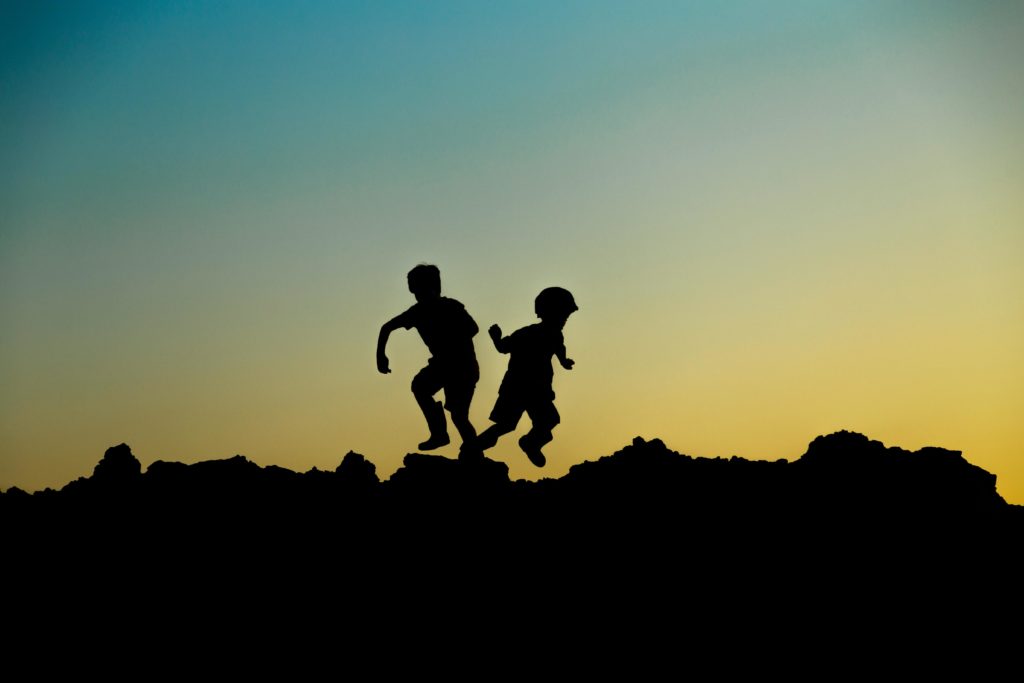Katrina Sriranpong, Former Human Rights Lawyer Based in Vancouver, Encourages Aid for Orphans

In 1973, the mother of American memoirist, Kim Sunée, abandoned her on a bench in a South Korean marketplace. She was only 3 years old. Her mother placed “a tiny fistful of food” into her palm, then Sunée sat there for three days, waiting, until she was discovered and taken to an orphanage.
Abandoning a child wasn’t unheard of in the 1970s in South Korea. Sunée details her story in her memoir,“A Trail of Crumbs.” When Sunée’s mother made the wrenching choice of abandonment, she likely believed her child would receive advantages and a future she couldn’t offer.
Vancouver-based former lawyer and Thai philanthropist, Katrina Sriranpong, supports multiple non-profit organizations that provide aid to abandoned orphans, including UNICEF and New Hope Foundation in China. Sriranpong, who left a distinguished legal career to become a full-time mom and philanthropist, has long advocated for orphans and refugees from war-torn countries.
Today in South Asia, as in the 1970s, poverty-stricken parents abandon their children in hopes they will receive enough food, a home, education, and better living conditions in an orphanage or through adoption.
“Millions of orphaned children exist in the world without proper care, support or love,” Sriranpong says. “It’s important to be cognizant of the fact that orphans are by far the most vulnerable members of society. They are at higher risk of forced labour, homelessness, human trafficking, and abuse.”
UNICEF defines an orphan as any child under 18 who has lost one or both parents. Most orphans have at least one parent. UNICEF has counted an estimated 153 million orphans worldwide. ONETrack International, a nonprofit that supports orphaned children, publishes data about orphan concentrations; Asia and Africa are currently home to the world’s highest concentration of orphaned children.
Parents abandon their children for many reasons, including war, natural disasters, disease, stigma, and excessive medical needs. Logic would conclude that an orphan with at least one parent is better off than one without either. But in Cameroon, Africa, where 30% of the population lives below the poverty line, even children in a one-parent home lack resources, education, and opportunity.
Global non-profit organizations tackle the issue by providing the resources necessary to keep children safe and alive. Some non-profit organizations provide support for the next stage of their life by promoting economically self-sufficient adults. Other charities such as The New Hope Foundation, help orphaned children who require medical intervention or palliative care.
Donating goods to orphans, such as clothing and shoes, is helpful — but isn’t ideal for long term self-sufficiency. Katrina Sriranpong advocates for programs that assist children in becoming self-supporting adults by providing microfinance loans, skills training, education and grants.
“One of my favourite organizations is Kiva,” Sriranpong says. “Kiva is an international non-profit organization founded in San Francisco in 2005 that provides loans, not donations, to expand financial access to underserved communities. I have supported Kiva for years.”
Kiva’s mission is to expand financial access to underserved communities that can use it to thrive. The non-profit organization awards microloans to women in developing countries so they can start businesses or obtain education. Kiva also provides microloans for farmers to invest in equipment. Families can obtain funds for emergency medical treatment as well.
Kiva is located in 77 countries and has aided 300,000 borrowers in conflict zones. The nonprofit has also provided approximately 72,000 borrowers with loans to support their education.
“Volunteering your time, adopting an orphan, or providing monetary support are some ways you can be a part of the solution for orphaned children worldwide,” Katrina Sriranpong says. “Educating yourself and staying informed on the statistics about child welfare is critical to understanding current issues faced by orphans.”
If you are concerned about the care and health of orphans, please consider donating to the following non-profit organizations: UNICEF, Orphans in Need, ourrescue.org, The Global Orphan Project, Save the Children, Kiva, and The New Hope Foundation.


